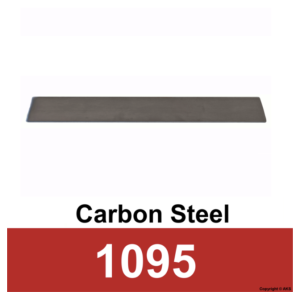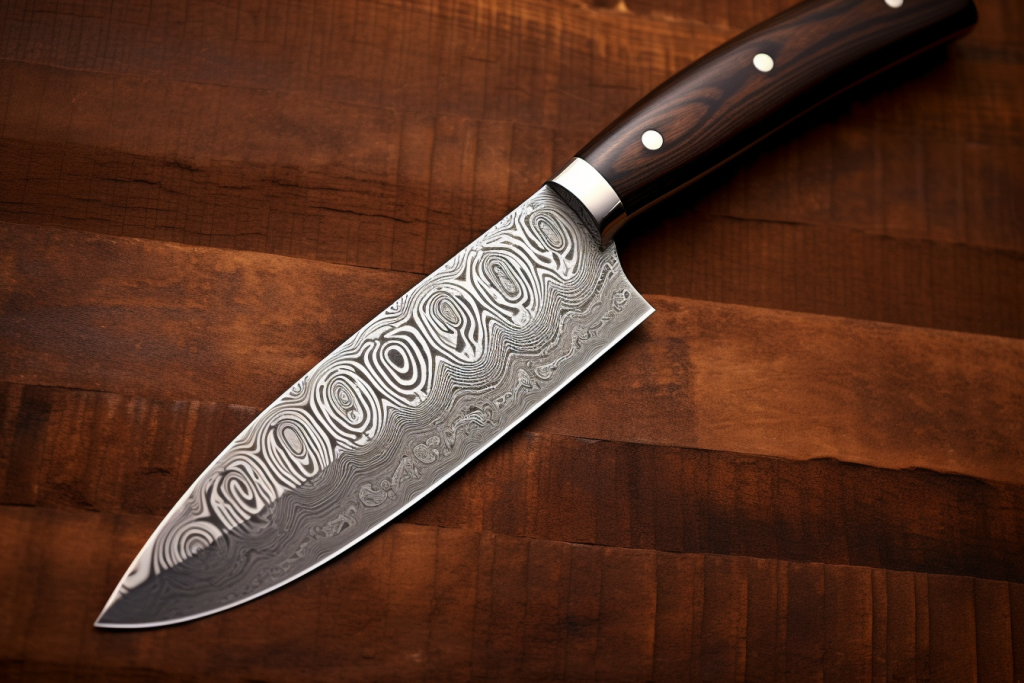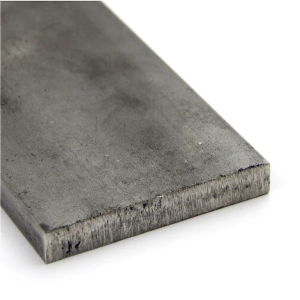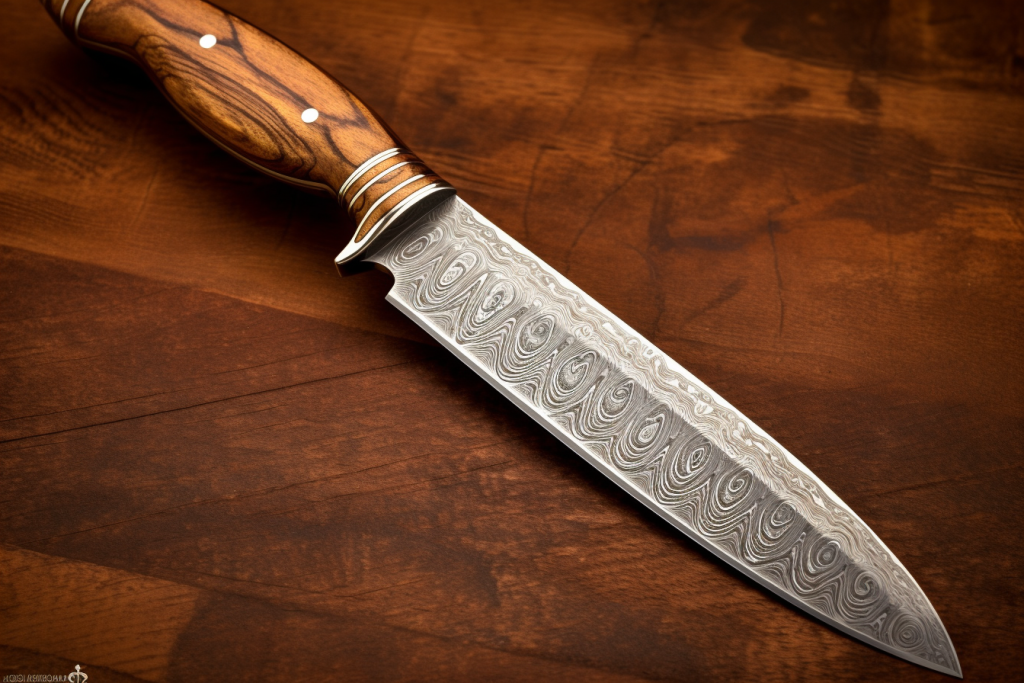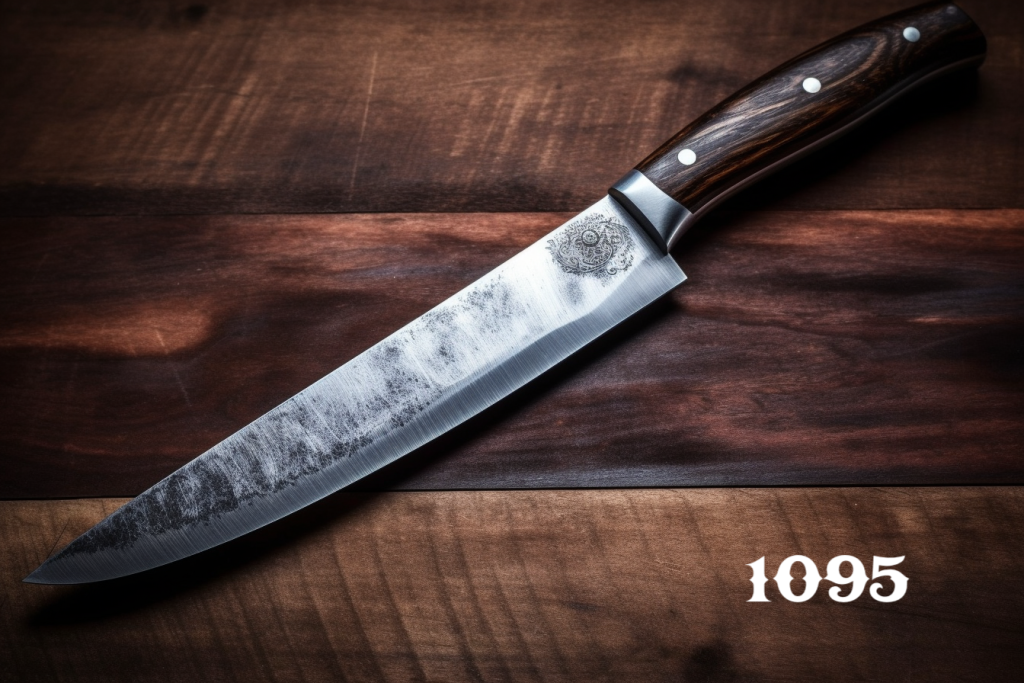
When it comes to crafting exceptional knives, the choice of steel is crucial. One popular option is 1095 steel.
Known for its remarkable properties, 1095 is favored by knife makers worldwide.
In this blog post, we will explore the unique qualities of 1095 steel. We will look at how it is used to create knives that deliver strength, sharpness, and durability.
1095 Steel – Hardness and Edge Retention
1095 possesses impressive hardness. This makes it ideal for creating blades with exceptional edge retention.
This means the blade can retain its sharpness even after heavy use.
Knives made from 1095 will maintain their cutting performance, allowing for precise and efficient cuts. This assumes proper heat treating.
Quick Trick to Determine Carbon Content/Hardening Ability:
- The last two numbers in “1095” tell you the percentage of carbon in the steel.
- 95 translates to 0.95% carbon.
- The remaining majority of the steel alloy is Iron.
Easy to Sharpen
One of the notable advantages of 1095 is its ease of sharpening.
This steel type responds well to sharpening tools. This allows blades to be honed to a razor-sharp edge.
This attribute is particularly appealing to both professional chefs and outdoor enthusiasts. These knives can be easily maintained and sharpened to maintain their peak performance.
Excellent Wear Resistance
1095 demonstrates excellent wear resistance. Knives made from this steel can withstand heavy use without losing their sharpness.
This is a function of the carbon content in the steel and proper heat treating.
This property is particularly valuable for blades subjected to demanding tasks, such as cutting through fibrous materials or performing rugged outdoor activities.
Knives crafted from 1095 can handle tough conditions, making them reliable companions in various situations.
Considerations for Rust and Corrosion
It’s important to note that 1095 is not stainless. This means it is more susceptible to rust and corrosion compared to stainless steel counterparts.
To prevent rust, it is essential to properly care for and maintain knives made from 1095.
Applying a thin coat of oil to the blade after each use and ensuring proper storage will help safeguard the steel and extend the life of the knife.
Here are some oil suggestions for high carbon steel:
Conclusion
1095 is a highly regarded material in the world of knife making, prized for its:
- Superior hardness
- Edge retention
- Ease of sharpening
- Wear resistance.
Knives crafted from 1095 carbon steel offer a winning combination of strength and sharpness, making them reliable tools for a wide range of cutting tasks.
However, proper maintenance is crucial to prevent rust and corrosion.
By understanding the unique properties of 1095 carbon steel, knife enthusiasts can make informed choices when selecting their ideal blade.
Where to Buy 1095
You can purchase cut lengths of 1095 from OnlineMetals.com
Select these options:
- Carbon Steel under “Select Material”
- Bar-Rectangle under “Select Shape”
- 1095 under “Select Alloy”
